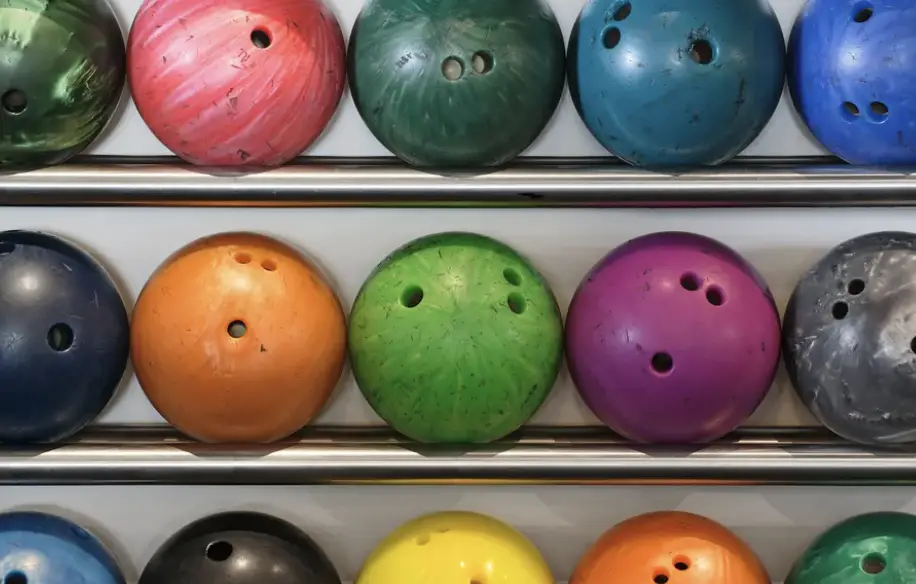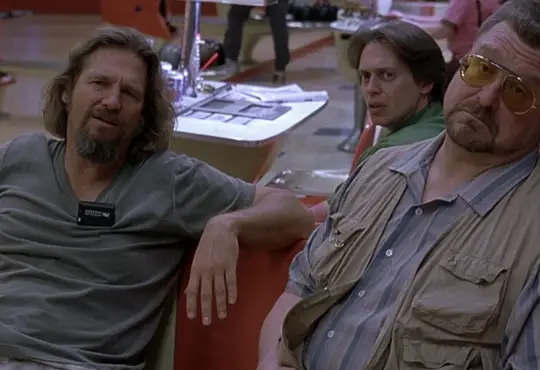
Do Bowling Balls Go Bad and Wear Out? Exploring the Lifespan of Your Bowling Ball
Bowling is a beloved pastime that brings friends and family together for some good-natured competition and a chance to knock down those pins. Whether you’re a casual bowler or a serious enthusiast, you’ve probably wondered: Do bowling balls go bad and wear out over time? In this blog post, we’ll dive into the fascinating world of bowling balls and explore whether they have a lifespan, what factors contribute to their deterioration, and how you can extend the life of your trusty ball.
Understanding the Components of a Bowling Ball
Before we delve into the question of whether bowling balls can wear out, let’s first understand what makes up a bowling ball. Modern bowling balls are typically made of a combination of different materials, including a core and an outer coverstock. The core is the inner part of the ball that affects its weight distribution and overall behavior on the lane, while the coverstock is the outer shell that comes into contact with the lane.
The Lifespan of a Bowling Ball
Bowling balls are not immune to wear and tear, but their lifespan is influenced by several factors. Contrary to popular belief, bowling balls don’t have an expiration date like perishable goods. However, their performance can decline over time due to various reasons:
- Lane Conditions: The type of lane surface and the oil patterns applied can affect how your bowling ball interacts with the lane. Over time, repeated use on different lane conditions can lead to surface wear, making the ball less effective at gripping the lane.
- Friction and Abrasion: As the ball rolls down the lane, friction between the coverstock and the lane’s surface can cause micro-abrasions on the ball’s surface. This can lead to a loss of hook potential and overall performance.
- Oil Absorption: Bowling balls are porous and can absorb lane oil over time. This can alter the ball’s core dynamics and make it less responsive. Regular maintenance is essential to prevent excessive oil absorption.
- Weight Block Deterioration: The core of a bowling ball can degrade over time due to the impact of hitting pins and the friction generated during play. This can lead to changes in the ball’s overall performance.
Extending the Life of Your Bowling Ball
While bowling balls may show signs of wear over time, there are steps you can take to extend their lifespan and maintain their optimal performance:
- Regular Cleaning: Clean your bowling ball after each session to remove lane oil and debris. Use a dedicated ball cleaner and a microfiber cloth to keep the surface smooth and free from contaminants.
- Polishing and Resurfacing: Periodically polish and resurface your bowling ball to restore its surface and maintain its hook potential. This can be done professionally or at home with the right tools.
- Proper Storage: Store your bowling ball away from extreme temperatures and direct sunlight. Use a protective bag to prevent damage during transportation and storage.
- Consult Professionals: If you notice a significant decline in performance, consult a pro shop or bowling ball technician. They can provide recommendations for maintenance, resurfacing, or even suggest a replacement if necessary.
In Conclusion
While bowling balls do experience wear and tear over time, they don’t exactly “go bad” like perishable items. With proper care, cleaning, and maintenance, you can extend the life of your bowling ball and continue to enjoy optimal performance. Just like any piece of sports equipment, a bowling ball’s longevity largely depends on how well you treat it. So, keep those strikes coming and take pride in your well-maintained, trusty bowling companion!






